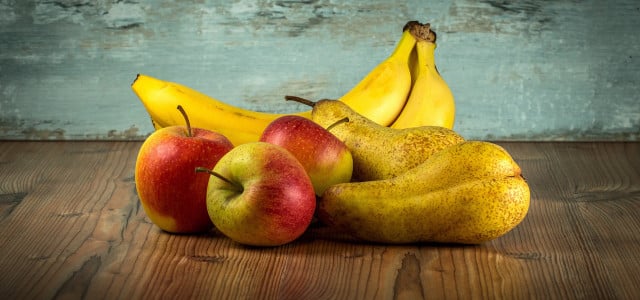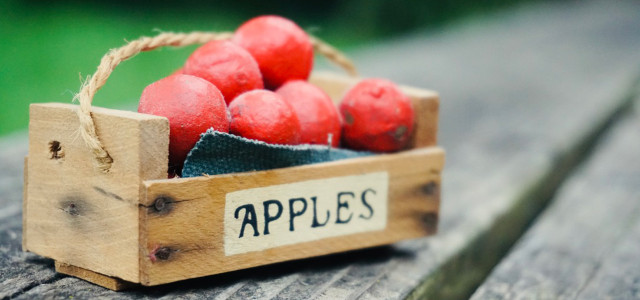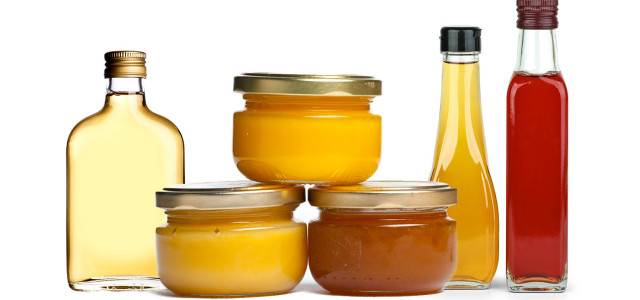Storing food correctly not only stretches your monthly grocery budget but also improves the taste and decreases waste. The following tips will show you how to store vegetables, fruits and leftovers and avoid common mistakes.
The average American household wastes hundreds, if not thousands of dollars per year by throwing out rotten food. The US department of agriculture estimates that 30 to 40 percent of the food supply is subject to food waste. We, consumers, contribute to this trend. We buy too much; we mindlessly adhere to the often meaningless “Best By” dates; we store our food incorrectly, allowing it to spoil more quickly. We’ll show you how to store fruit and vegetables in ways that preserve flavor and nutritional value and help reduce food waste.
Store Vegetables With High Water Content at Room Temperature
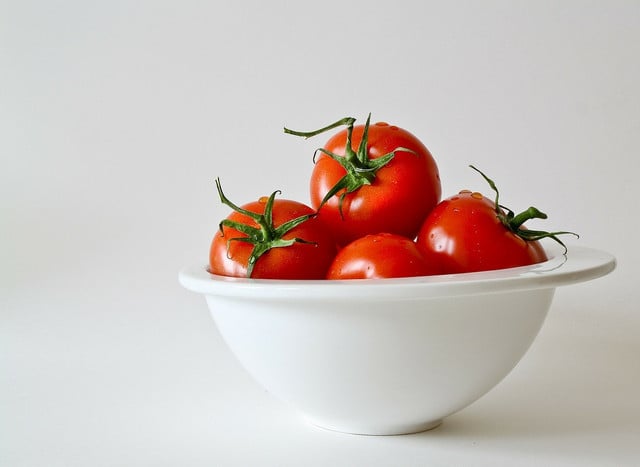
Tomatoes lose their flavor in the refrigerator and can even spoil more quickly than other foods. It’s better to keep them in a cool room, like a basement or pantry, at an optimal 60˚F.
If you do not have a pantry, it’s still better to keep your tomatoes at room temperature. The same goes for other vegetable varieties with high water content, such as cucumbers, bell peppers, zucchinis, and eggplants.
Don’t Store Bananas & Apples in the Same Bowl
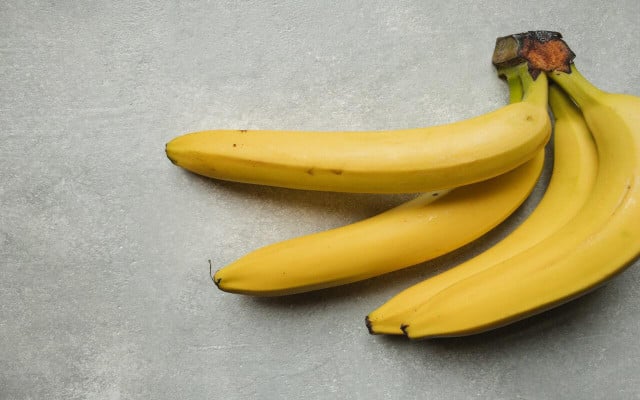


Storing certain types of food in a mixed fruit bowl is not a good idea. For example, (ripe) bananas and apples should never be placed together. Both fruits give off ethylene gas, which speeds up the ripening process. In this case, the effect is amplified, and your fruit will likely go bad before you eat them.
Ripe bananas should always be kept separate from other fruits and vegetables — and hanging whenever possible to prevent bruising the fruit. Don’t place them in the refrigerator; there, they’ll quickly turn brown.
Avoid Plastic Waste When Storing Leftovers
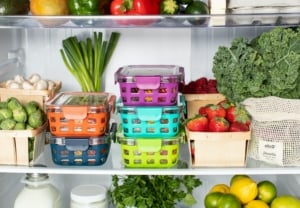

When it’s time to wrap up leftovers or prepare meals for tomorrow, many people pull out the box of plastic wrap. This is a completely unnecessary waste of plastic. It’s just as easy to put leftovers into the reusable plastic or glass containers we all have lying around. Properly storing food means no waste — neither food nor plastic.
Another added benefit: It’s easier to take leftovers packed this way to work the next day for lunch. You waste less and save money — it’s a real win-win.
Citrus Fruits Don’t Like the Cold
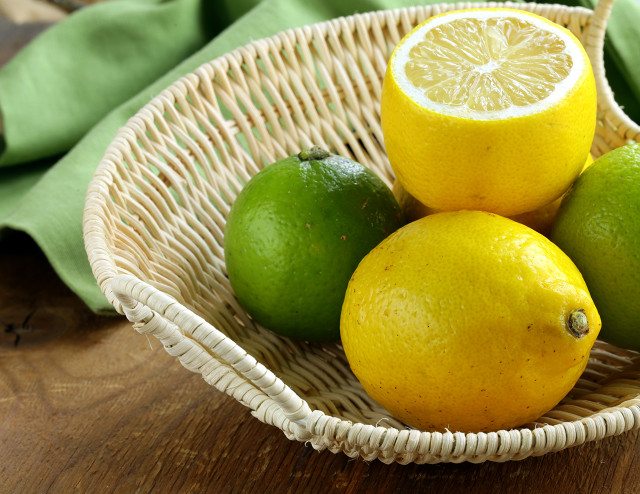


Lemons, oranges, or mandarins cannot stand the cold, so never store citrus fruits in your refrigerator. They will keep fresh in the open at (lower) room temperature. Even sliced lemons will last a good week without spoiling at room temperature. Place the lemon on a small dish cut side down to prevent spoilage.
Mushrooms Need Air to Breath
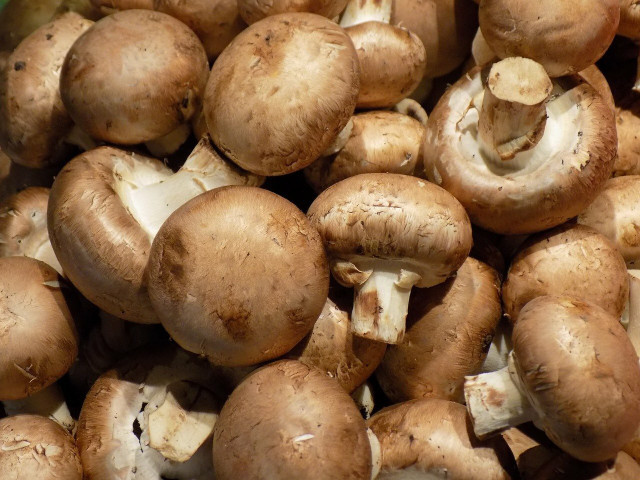


Supermarket mushrooms are always packed into plastic containers. Once home, however, they’re much happier stored in paper bags or wrapped in a dish towel in your refrigerator. Mushrooms need to breathe, and their plastic packaging traps moisture, causing them to spoil sooner.
It’s also important to store foods like mushrooms away from stinky foods because they easily absorb nearby odors.
When it comes to mushrooms, it’s best not to overbuy and to use what you’ve purchased as quickly as possible due to their short shelf life.
Empty Cans Completely
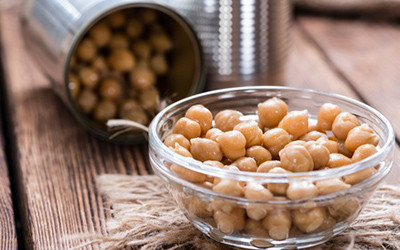


Once you’ve opened a can of something, it’s best to empty the food out of it completely. It’s possible to contaminate your food with aluminum from the can itself. And while most cans today are plastic-lined, many of those linings contain the often-criticized BPA.
Play it safe by emptying the contents of any open can into another container. Storing food in an empty, clean jar can also make it last longer.
Storing Food Correctly Means Less Food Waste
Improper food storage practices in your kitchen are an often overlooked contributor to food waste. The last of last week’s grocery run get pushed out of sight to the back of the fridge, only to be discovered a week later, well past their genuine best-by date. On the upside, waste of this sort is also a problem we can all do our part to fix — with just a few tweaks to our daily habits and improvements to our kitchen organization and consumer mindset. Store food at home like a pro instead of running back to the store for food.
Read more:
- How to Store Ginger Root: 6 Ways to Keep Your Ginger Fresh for Longer
- How to Clean Your Refrigerator: Natural Fridge Cleaner
- Take a Break: 5 Tips for a Healthier Lunch
Do you like this post?






